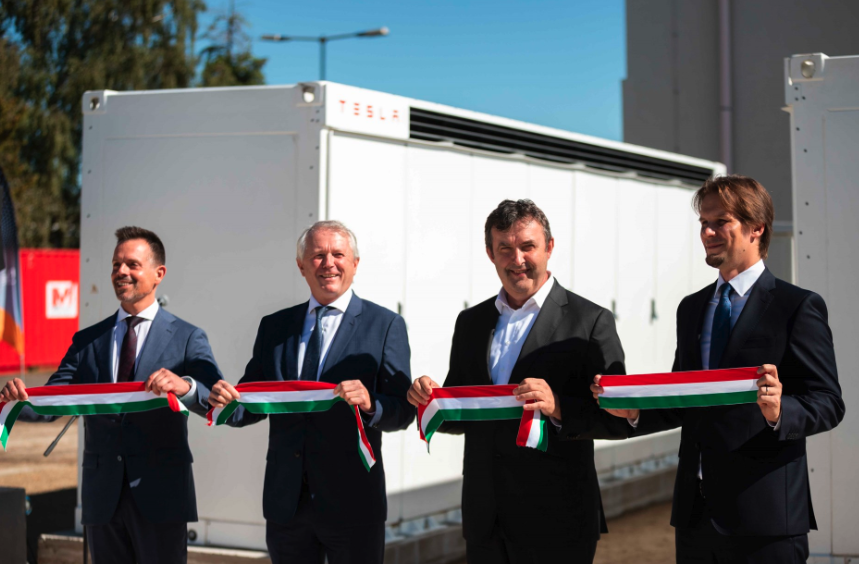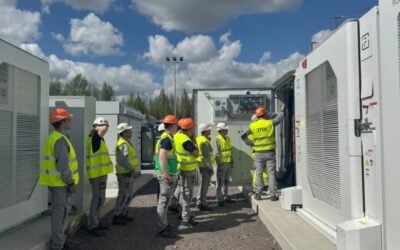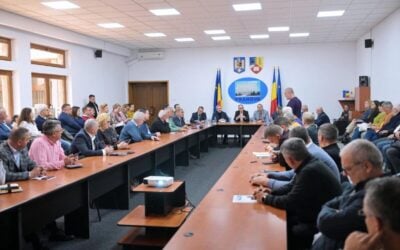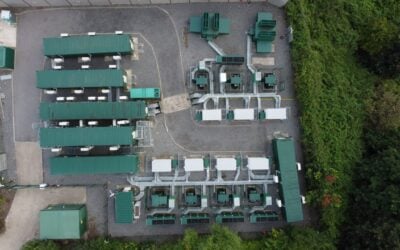
The European Commission has approved a €1.1 billion (US$1.2 billion) scheme from the government of Hungary to support large-scale energy storage projects.
The projects will help Hungary transition to a net-zero energy system, and the scheme was approved under the EU’s Temporary Crisis and Transition Framework, adopted in March to support sectors key to accelerating the transition and reducing fossil fuel dependency.
Enjoy 12 months of exclusive analysis
- Regular insight and analysis of the industry’s biggest developments
- In-depth interviews with the industry’s leading figures
- Annual digital subscription to the PV Tech Power journal
- Discounts on Solar Media’s portfolio of events, in-person and virtual
Hungary is aiming to support the installation of at least 800MW/1,600MWh of new energy storage projects through the scheme. The projects will help to integrate new renewable energy resources in its electricity system. The funding is equivalent to HUF 436 billion.
The money is available for companies active in Hungary’s energy sector, except financial institutions, and will also be available for projects outside its borders which can provide the power through cross-border transmission capacity. All energy storage technologies are eligible, although lithium-ion remains the technology of choice for the vast majority of large-scale projects today.
The projects will be selected through a competitive bidding process and grants will be awarded before the end of 2025. They will take the form of an investment grant during the construction phase and a two-way contract for difference (“CfD”) mechanism to be paid annually during the 10 first years of the operations phase of the supported projects. CfDs usually involve a cap and floor mechanism, essentially guaranteeing a minimum and maximum revenue range.
Projects will have to be built and operational within three years (36 months) of the signing of the contract.
The investment grant will be partly funded by Hungary’s portion of the Recovery and Resilience Facility, and partly by a Modernisation Fund, while the 10-year annual support will be financed through a levy. Other countries to have used EU funding, including Recovery and Resilience, for storage include Greece, Romania, Finland, Croatia, Estonia and, as reported last week, Slovenia.
System integrators Tesla and Wärtsilä have deployed large-scale BESS projects in Hungary previously.
Energy-Storage.news’ publisher Solar Media will host the inaugural Energy Storage Summit Central Eastern Europe on 26-27 September this year. This event will bring together the region’s leading investors, policymakers, developers, utilities, energy buyers and service providers all in one place, as the region readies itself for storage to take off. Visit the official site for more info.






